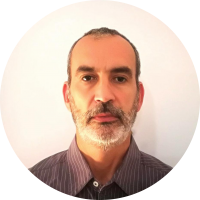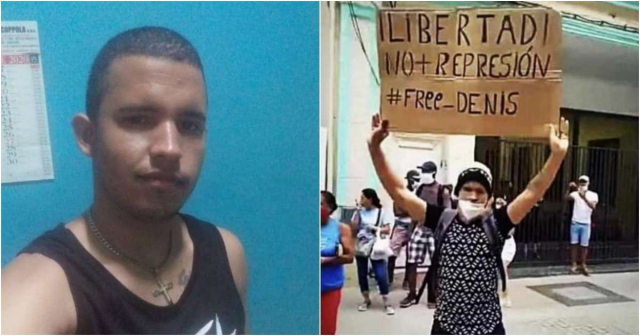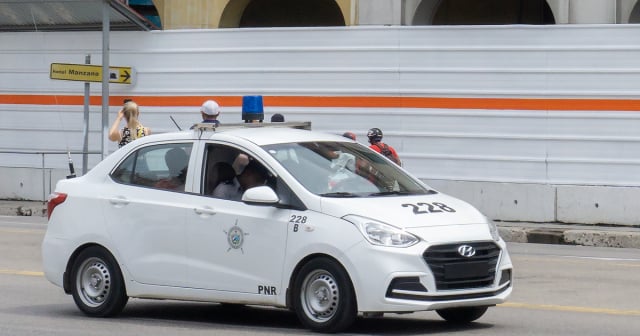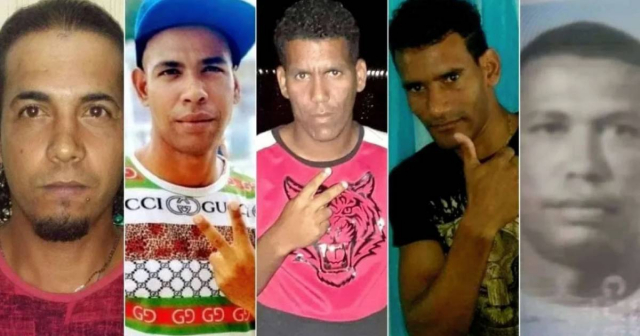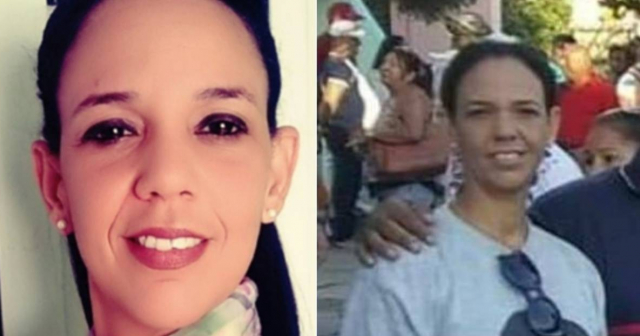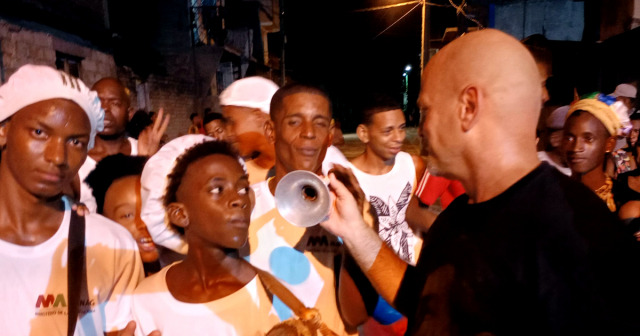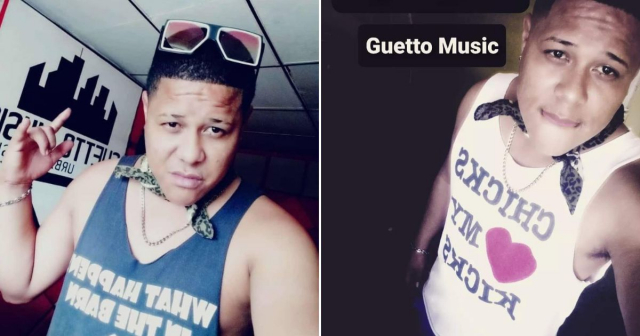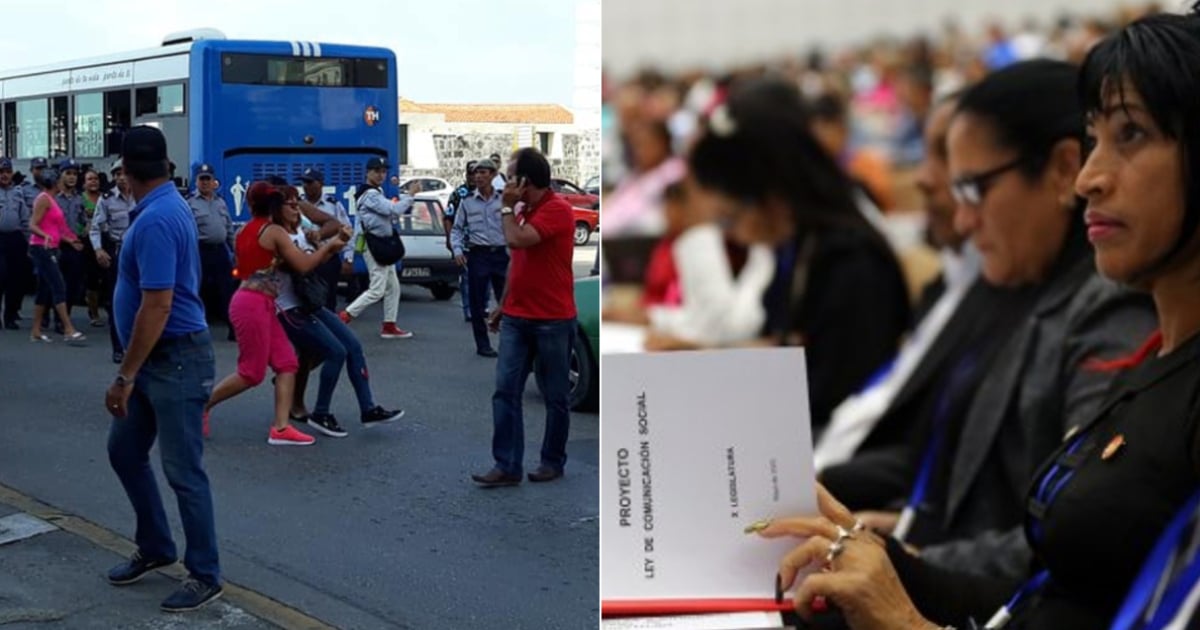
Since mid-September 2024, a new wave of repression is shaking Cuban civil society, particularly directed against journalists and collaborators of independent media, activists, and managers of social projects.
Amid threats, seizures, and extortions, the State Security has intensified its harassment with the aim of dismantling initiatives critical to the regime, using tactics of psychological torture and coercion to force resignations and obtain "confessions" against its targets.
In this offensive, collaborators from media outlets such as elTOQUE, CubaNet, and Periodismo de Barrio have been summoned, interrogated, and pressured to resign from their work, under the accusation of "mercenarism," a criminal charge frequently used by the Cuban regime to criminalize the work of independent journalists.
This crime, established in Article 143 of the Cuban Penal Code, provides for penalties of four to ten years in prison for those who receive external funds with alleged "subversive" purposes.
However, the reality behind these accusations is the government's constant strategy to control the flow of information and suppress any voice that opposes the official narrative.
Testimonies of repression and extortion
Journalist and essayist Alexander Hall and writer Jorge Fernández Era, both collaborators of elTOQUE, are some of the names that have emerged among those affected by this new onslaught.
Hall was summoned to Villa Marista, the headquarters of State Security in Havana, where he spent several hours undergoing an interrogation marked by intimidation.
Fernández Era, for his part, was subjected to two consecutive interrogations at the same detention center, during which the authorities pressured him to abandon his journalistic work.
In a similar context, journalist María Lucía Expósito recently reported on social media the confiscation of her mobile phone and 1,000 dollars, funds obtained from her participation in a training course in journalism.
Furthermore, she was subjected to more than six hours of interrogation, during which psychological violence was the preferred instrument of pressure used by the authorities to obtain her "collaboration."
Like other colleagues, she was forced to sign a document in which she acknowledged having received money from "subversive" projects, an increasingly common tactic used by the regime to compel self-incrimination and fabricate non-existent evidence.
The impact on independent media
The harassment has not been limited to individual journalists. The magazine Magazine AM:PM, one of the most influential independent media in promoting Cuban music, announced an indefinite pause due to the pressure and harassment its director has faced.
"We leave with the hope of returning when conditions permit," they stated in a statement issued on September 16, 2024, reflecting the climate of repression that limits the development of independent journalism on the island.
Additionally, CubaNet has reported reprisals against several of its collaborators within Cuba. The intimidations include direct threats of imprisonment and harm to the integrity of their families if they continue their work.
Through a statement, CubaNet denounced that several of its reporters were filmed under duress after being subjected to hours of psychological torture. Additionally, their electronic devices and personal savings were confiscated, in a clear attempt to undermine their ability to work and maintain absolute control over information.
The legal framework: a tool of repression
As Cuban lawyer Eloy Viera Cañive recalls in elTOQUE, the repression against independent journalism in Cuba is not new, but it has become more sophisticated over the years. In addition to the enforcement of Article 143, the regime has strengthened its legal framework with regulations such as Decree Laws 370 and 35, as well as Decree 349, which criminalize virtually any action that escapes state control.
The recent approval of the Social Communication Law, criticized by the Inter-American Press Association (IAPA) as a mechanism to legalize censorship, has become a new tool for controlling freedom of expression on the island. This law only recognizes the existence of media linked to the Communist Party of Cuba, denying any legitimacy to independent projects.
Michael Greenspon, president of the SIP, condemned the tightening of restrictions on the press in Cuba, denouncing that the regime employs repressive tactics to "deactivate social discontent" and suppress the flow of independent information.
In light of this situation, international human rights organizations have reiterated the urgency of monitoring the situation in Cuba, where press freedom is under constant siege. The new wave of repression is a sign that the regime will not cease its efforts to silence those who dare to report independently, whether inside or outside Cuban borders.
What do you think?
COMMENTFiled under:
